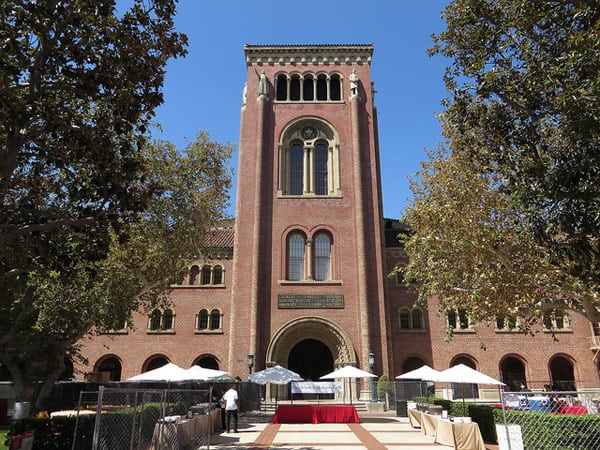
June 19, 2018; Inside Higher Education and Philanthropy News Digest
The $1 billion Lumina Foundation, with their focus on “increasing Americans’ success in higher education,” has come to recognize that without the right campus culture, their work is more difficult—if not impossible. Earlier this month, they announced a total of $1,625,000 in grants meant to combat racial and ethnic bias and build more open and welcoming campus atmospheres.
Unlike many other large private foundations, Lumina, since their founding in 2000, has narrowly concentrated their resources. All of their grants, which exceeded $59 million in 2016, support efforts to ensure “that more students, especially underrepresented populations (also termed 21st century students by the Foundation), access and succeed in attaining a high-quality postsecondary credential.” But in the wake of last August’s racially motivated violence in Charlottesville, Virginia, the foundation saw a need to recognize that bias and educational outcomes were directly related.
Lumina’s CEO Jamie Merisotis acknowledged the urgency of the situation in December. “The fact is, this call to action is true not only for Lumina, but for every philanthropic organization seeking to drive social change. Ensuring fair and equitable results in a country sullied by an enduring legacy of systemic racism and oppression is not just a part of our collective work in philanthropy. It is the work.”
Lumina’s Fund for Racial Justice and Equity emerged as their new vehicle for getting into action. In announcing 19 campus-focused grants from this fund, Danette Howard, senior vice president and chief strategy officer at Lumina, told Inside Higher Ed that “issues of campus climate often play into whether or not students are successful in their academic pursuits, and therefore whether or not those same students are successful in earning their credentials.”
Sign up for our free newsletters
Subscribe to NPQ's newsletters to have our top stories delivered directly to your inbox.
By signing up, you agree to our privacy policy and terms of use, and to receive messages from NPQ and our partners.
The small, one-year grants, ranging from $25,000 to $50,000, went to schools that were already working to combat bias. They will support locally targeted efforts to change campus climate as part of that larger institutional effort. For example, according to Inside Higher Education, the project at Bard College “plans to focus on art and creativity as a means to tell stories that have historically been silenced. Through monuments, signage and art installations, the predominantly white college hopes that its community will learn more about the histories of local indigenous and minority groups.” Ariana Stokas, Bard’s dean of inclusive excellence, says that “Storytelling and aesthetics are powerful ways to move people, especially towards racial equity.”
Another recipient, Illinois Central College in Peoria, sees its campus climate as closely connected to its larger community and will use its grant to support a two-day summit on race justice and equity. Rita Ali, vice president of diversity and community impact at Illinois Central, said to IHE that “high pockets of poverty, employment gaps, lack of affordable housing, criminal and social justice concerns contribute to disparities between blacks and whites in Peoria. These issues, coupled with two recent police killings of African-American males, have brought about protests and demands by community groups demanding solutions to issues of racial justice and equity.”
Lumina is also looking for a larger, sector-wide impact. According to Philanthropy News Digest, Lumina awarded $1 million “in support of the Race and Equity Center at the University of Southern California, which brings together professors studying racial inequities, immigration, and related issues. The grant will support the establishment of equity institutes on ten college campuses, as well as the National Assessment of Collegiate Campus Climates, a quantitative annual survey of hundreds of colleges and universities that gauges students’ feelings of inclusion and the overall racial climate on campus.”
Lumina’s willingness to learn and change is refreshing. Will it attract other large funders that see education as their focus to join them in recognizing that bias must be fought if educational equity is to be obtained? And will they be ready, as they learn more about how to intervene effectively, to increase their level of commitment?—Martin Levine













